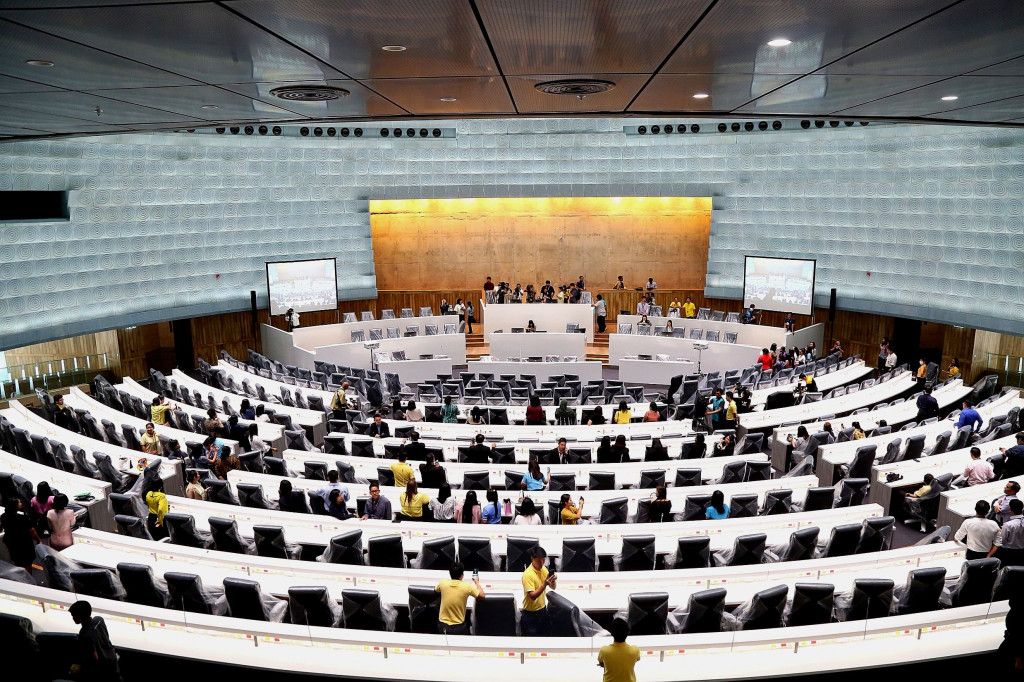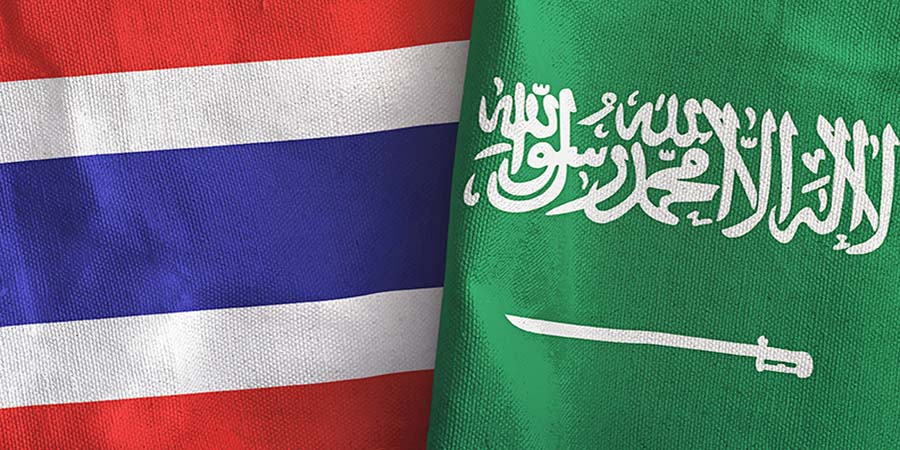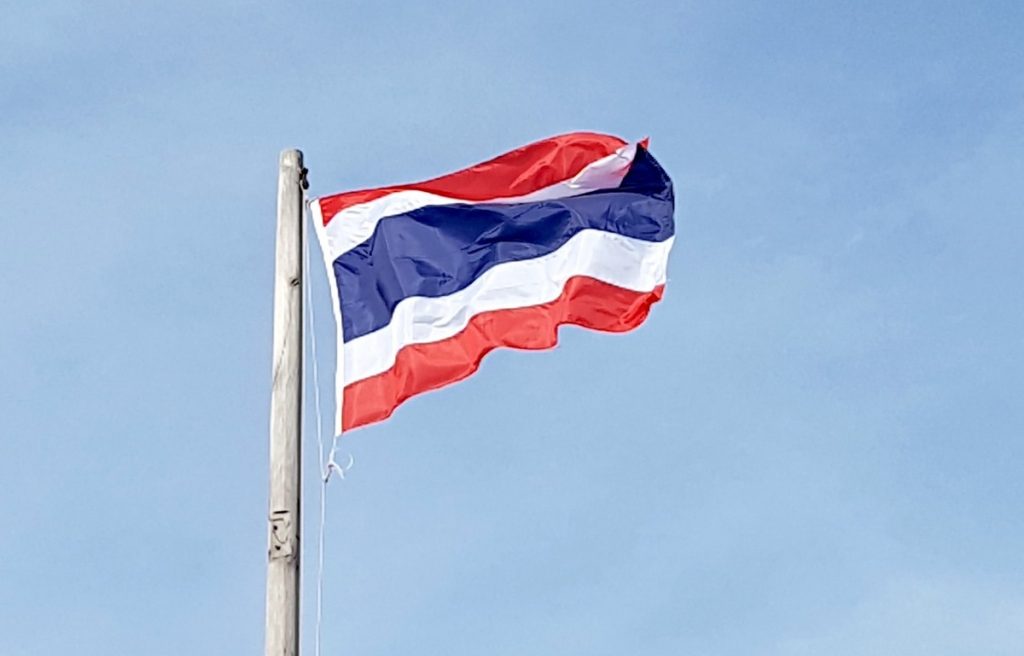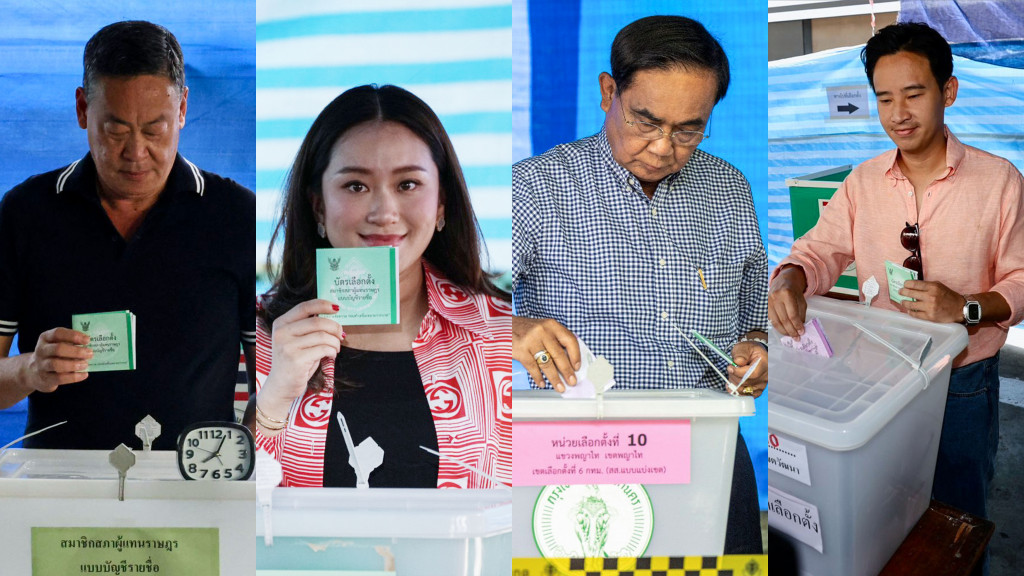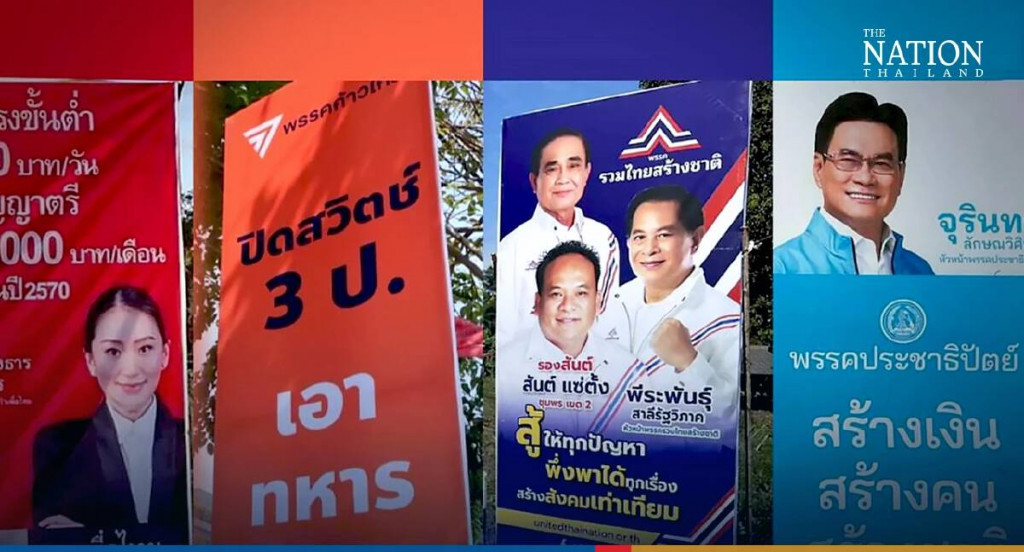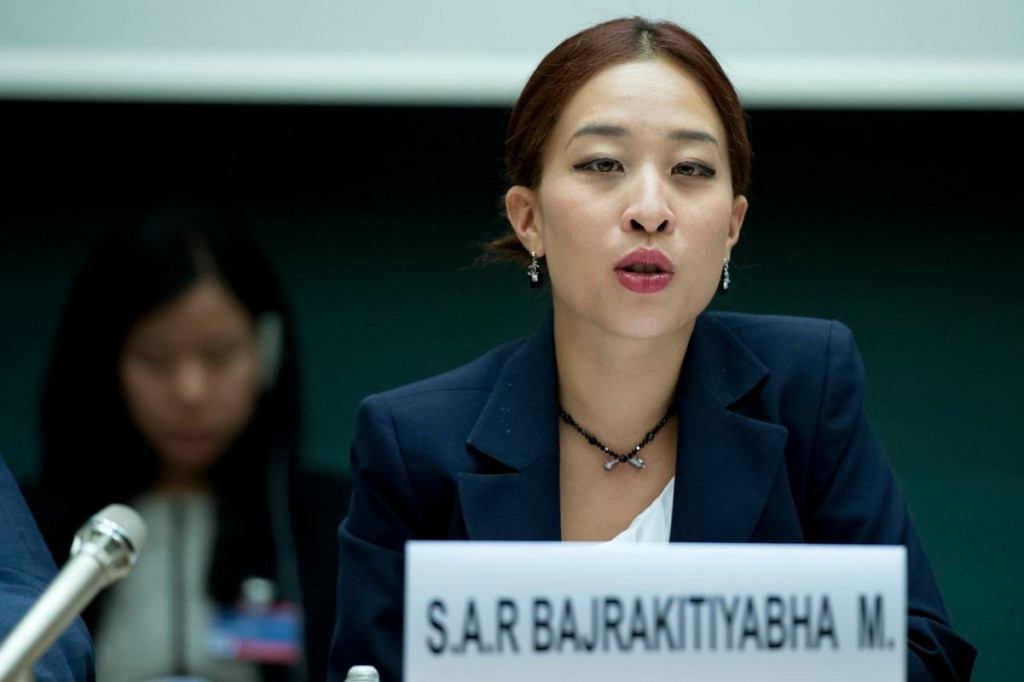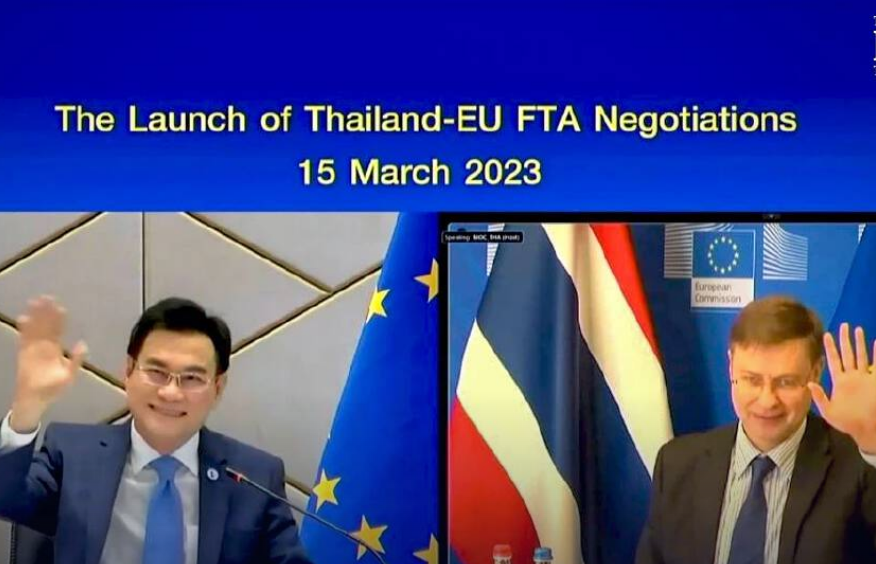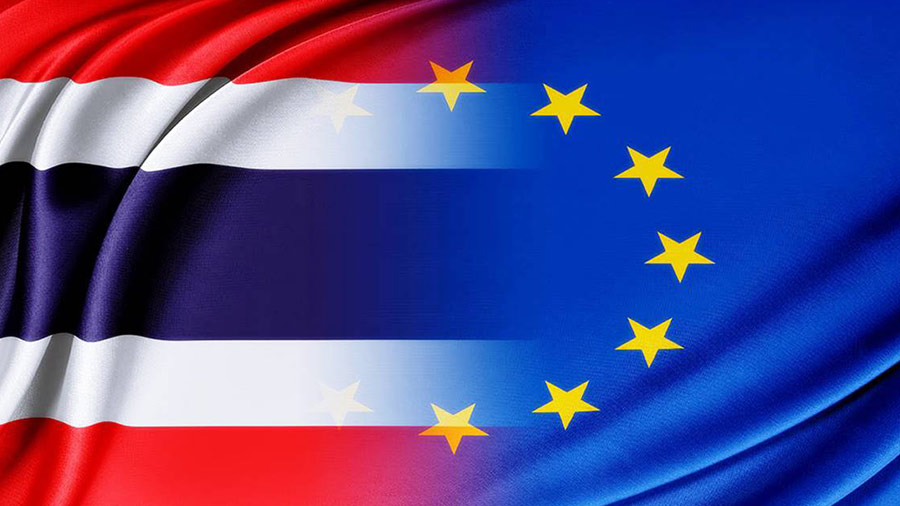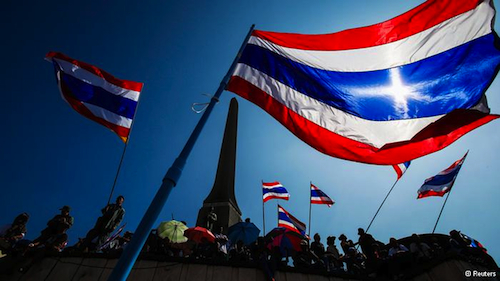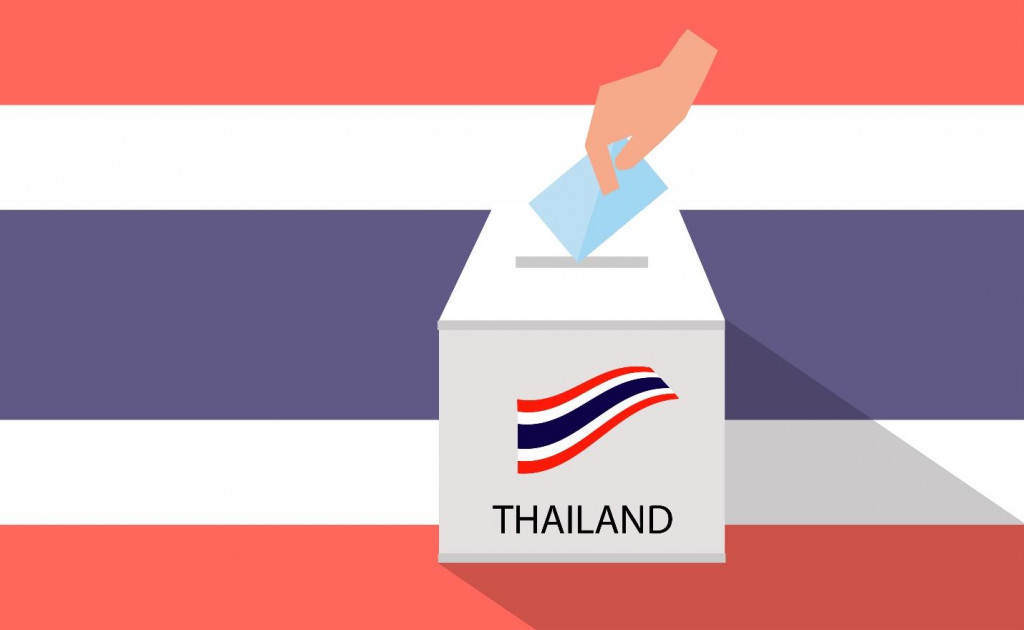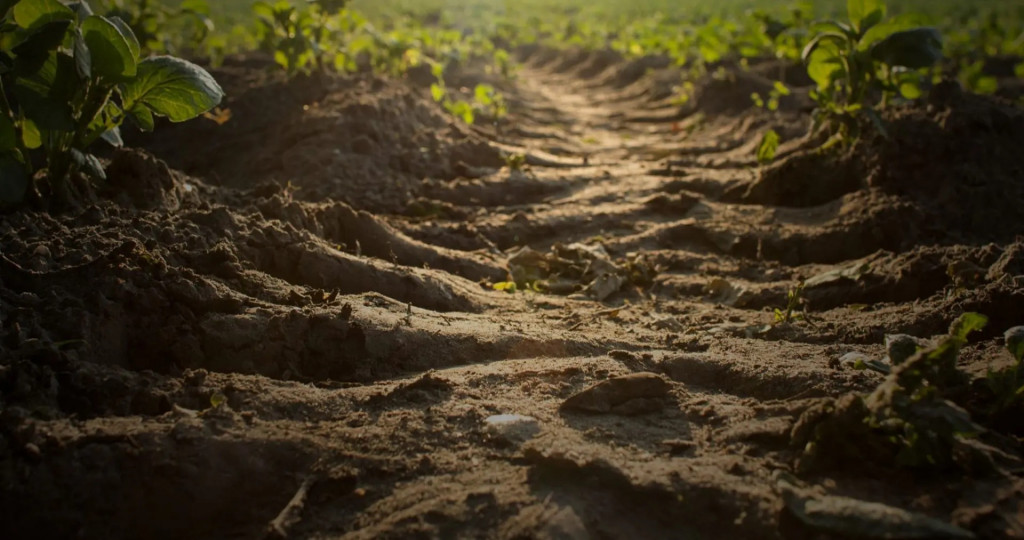As expected, Move Forward leader Pita Limjaroenrat failed to win enough senatorial votes to be named prime minister. For Thailand, a phase of great political uncertainty begins. Parliament goes back to vote on July 19: here are the scenarios for the formation of the new government
Article by Francesco Mattogno
64 votes were needed, 13 came in. The first joint session of the Thai parliament to vote for a new prime minister closed Thursday night without the nomination of the only candidate in the running, Move Forward leader Pita Limjaroenrat. This was no surprise.
After winning the May elections, Move Forward formed a coalition of eight parties, grouping a total of 312 seats: more than enough to have a majority in the lower house of 500 MPs, but too few to elect the new government without the influence of the Senate. Until May 2024, in fact, the 250 senators appointed by the military have the constitutional power to participate in voting to appoint the prime minister, who then needs at least 376 votes to be elected (which became 375 on Wednesday following the resignation of a senator). A huge obstacle for those proposing to shake up the pro-monarchist, pro-conservative status quo that those same senators have been charged with protecting.
The parliamentary session
Beyond token optimism, it was clear from the eve of the vote that Pita would not have the numbers to leave the chamber as Thailand's 30th premier. Before the vote, parliamentarians were given about six hours for debate. The Move Forward-led coalition remained united and put forward Pita as its sole prime ministerial candidate, while the pro-conservative front parties did not put forward any aspirants for the role. The result was a single-issue session.
All the speeches focused on the legitimacy of Pita and his party to govern, with the Move Forward's willingness to amend the law on lese majesty, a proposal that conservative deputies and senators have repeatedly deemed dangerous to the country's stability, at the center. Another central issue in the opposition to the Orange leader has been the legal proceedings hanging over him. On Wednesday, the day before the vote, the Election Commission of Thailand asked the constitutional court to disqualify Pita as an MP, accusing him of having been aware of his ineligibility due to owning shares in the media company ITV (the constitution in such cases prohibits him from running for office).
According to the Move Forward member, this is a specious accusation--ITV has not operated since 2007--but in the meantime, the constitutional court could suspend him from parliament pending final judgment, which could also include his disqualification from political activity and a sentence of one to three years in prison. The court also accepted another case seeking the dissolution of Move Forward because of the party's intention to amend the law on lese majesty. Pita denounced the suspicious timing of the two proceedings, which provided an assist to senators to legitimize their refusal to vote for a suspect as prime minister.
The day ended with 324 votes in favor of Pita's nomination, 182 against, 199 abstentions. Those in favor included 311 coalition deputies (House Speaker Wan Muhammad Noor Matha abstained as usual) and 13 senators. More than 40 members of the Senate, however, did not show up in the chamber.
The main scenarios
On a formal level, there is no upper limit on the number of votes parliament can hold to appoint the prime minister. The next joint session has been set for July 19, and it is expected that a possible third session could be held as early as the 20th. On the political level, things are different. "I'm not giving up," Pita said on the sidelines of the vote. But the support he enjoys from coalition partners may be timed. Some members of Pheu Thai, the alliance's second-largest formation, said the party would support him for three votes, but then would have to think of an alternative path.
There are essentially four possible scenarios. The first envisions that -- net of legal proceedings -- the Move Forward leader will be able to find the 64 votes needed to be named premier. MPs from Bhumjaithai, the third largest party in the House (71 seats), have said they would vote for him should his party abandon the plan to amend the law on lese majesty. Which Move Forward has categorically denied. The second is to thus maintain the coalition but have Srettha Thavisin, a Pheu Thai candidate deemed more acceptable even than Paetongtarn Shinawatra herself, daughter of the party founder, elected as prime minister. However, there are those who argue that the establishment is unlikely to accept Move Forward even being part of the governing coalition.
There is thus the possibility of "betrayal." Pheu Thai could leave the coalition and form a government with conservative and pro-military forces, a choice that could have consequences both in terms of popular support for the party and law and order. It is believed that in the event of Move Forward's ouster from the executive, a series of mass protests by its supporters could be triggered. Very likely even in the case of the last scenario, that of the formation of a very weak minority conservative government.
The other possibilities
There are other possibilities, however. A more extreme and complicated one is to extend to the bitter end the joint parliamentary sessions for voting for the premier until the Senate's term expires in May 2024. Unlikely also because it would worsen Thailand's already highly uncertain political and economic situation. Therefore, the pro-democracy coalition would be considering an alternative solution.
As reported by the Thai Enquirer, on Friday Thai afternoon Move Forward plans to propose to the House the amendment of Article 272 of the constitution, the one that allows the Senate to vote on the appointment of the prime minister. The proposal would pass with the support of half of the lower house deputies (250) and a third of the senators (84). According to Piyabutr Saengkanokkul, one of the leaders of the progressive movement, several of the senators who abstained from Thursday's vote could accept the amendment, which could then take effect within four weeks. It remains a complicated scenario. Meanwhile, the interim prime minister remains former coup general Prayut Chan-o-cha, in power since the 2014 coup. Prayut has announced his intention to retire from politics, but if the appointment of a new premier drags on for a long time his interim government would end up having to make important decisions, such as those regarding the budget for 2024 and the army and police reshuffle. Political instability has also always been a pretext in Thailand for "restoring order" through a coup. Hypotheses that no observer of Thai affairs ever feels like ruling out entirely.

